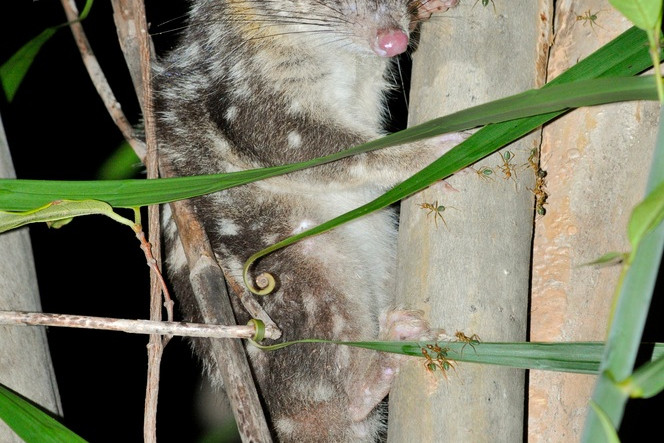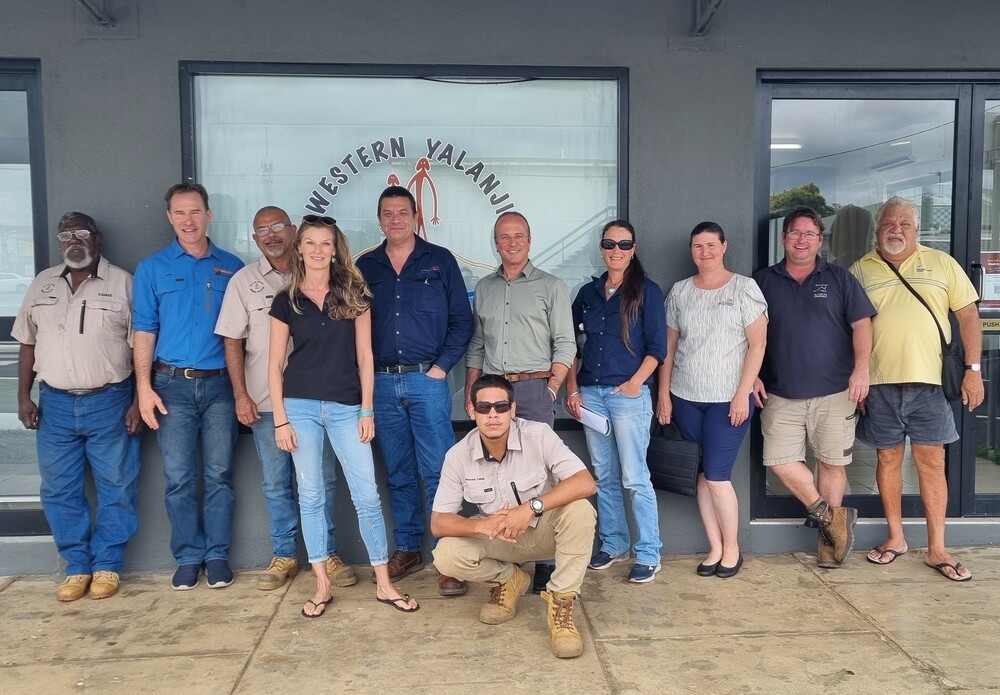On The Land
11 June, 2022
New project to help endangered northern quolls
A NEW project aimed at boosting the survival prospects of the endangered northern quoll is underway.

The project, which includes five organisations working together, will specifically focus in areas of Far North Queensland where the quolls have survived the invasion of cane toads and will involve activities including artificial dens for quolls, genetic research and controlled burn programs.
Terrain NRM has teamed up with Gulf Savannah NRM, Australian Wildlife Conservancy, James Cook University and Western Yalanji traditional owners to deliver the project at Brooklyn Station Nature Refuge, near Mt Carbine.
The new project, funded by the Australia Government’s Environment Restoration Fund will trial conservation methods to help increase northern quoll numbers which have dropped dramatically when cane toads spread through northern Australia.
Only found in Queensland, Western Australian and the Northern Territory, the quolls have disappeared from most of their range in Queensland and over half their range in the Northern Territory, while fast disappearing in Western Australia as well.
Populations have also been affected by feral cats and habitat loss and change.
“Like a range of other native animals, quolls eat cane toads and are poisoned, and with their short life span and their annual male die-off the population is particularly vulnerable,’’ Terrain’s Dr Andrew Dennis said.
“Some populations, like the one at Brooklyn Station near Mt Carbine, have managed to survive cane toads.
“It’s possible they’ve learned not to eat them. Now we want to foster their recovery in these areas and expand their home ranges.”
Artificial dens, previously only used on rehabilitating mine sites, will be installed just beyond known quoll home ranges, and surveillance cameras will be set-up.
“If the dens are successful in drawing quolls back out into flat savannah land, they may be a useful tool to reconnect isolated populations of quolls,” Dr Dennis said.
James Cook University researchers, with the Australian Wildlife Conservancy, will build on current genetic sampling projects which have found northern quolls are now divided into four distinct genotypes and their genetic diversity declines in isolated populations within each area.
James Cook University’s Dr Conrad Hoskin said with isolated populations, there were important genetic considerations to include in conservation efforts.
“Population declines, coupled with lack of gene flow between populations, can lead to issues such as in-breeding,’’ he said.
“The genetic component of this project will help us to better understand where we need to connect populations or possibly improve genetic resilience with translocations.”
Australian Wildlife Conservancy wildlife ecologist Dr Manuela Fischer welcomed the opportunity to research one of the last remaining populations of a species that has declined significantly since the introduction of the cane toads.
“AWC will commence the first genetic testing on the population in the coming months, which will inform options and strategies moving forward for the conservation of the species,” Dr Fischer said.



